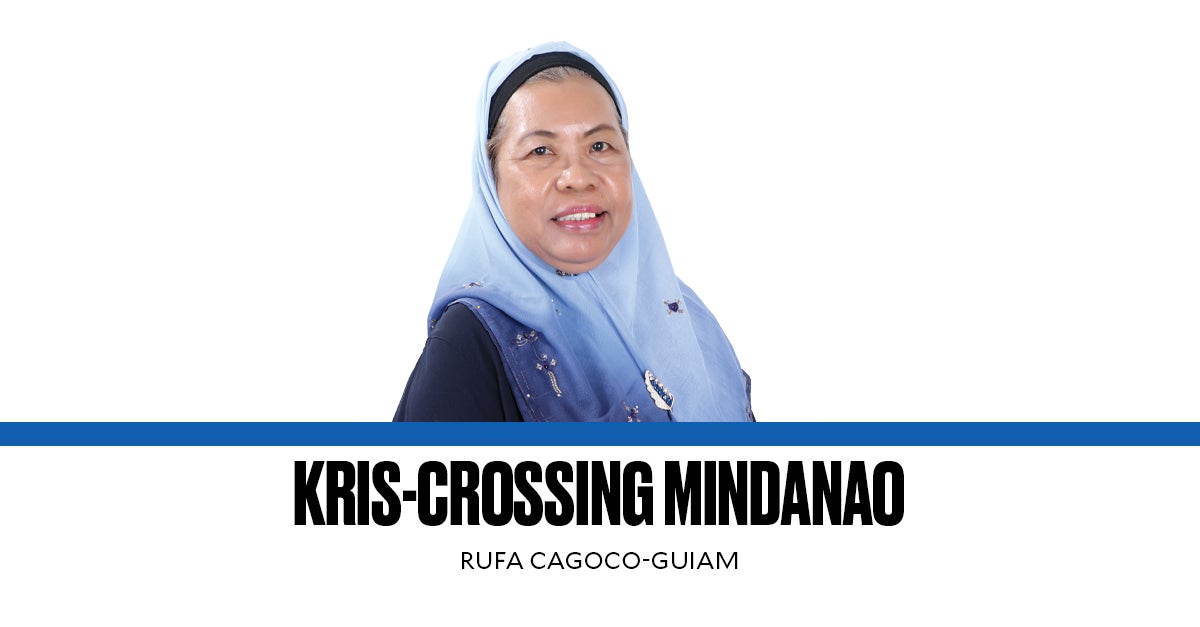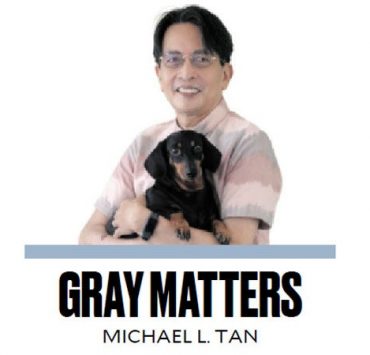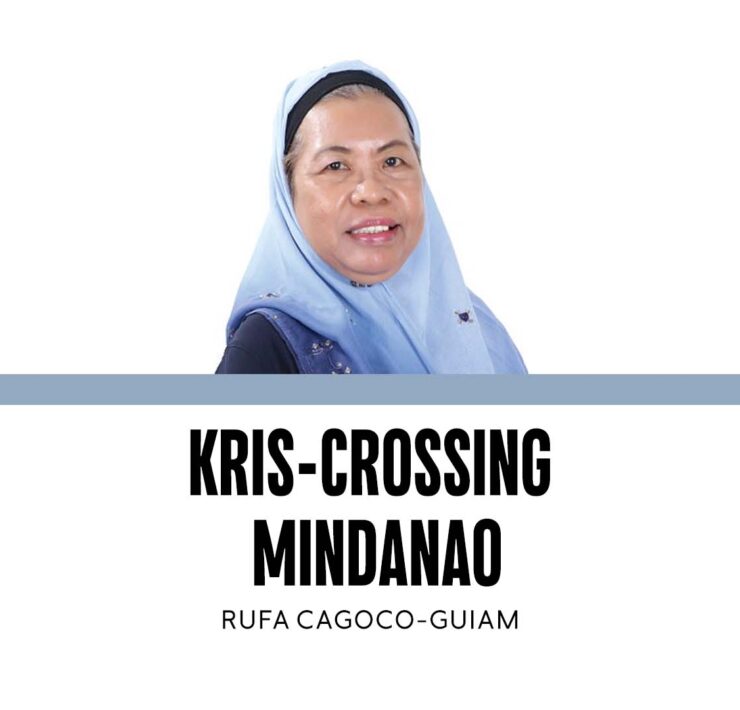Unending transitions? (2)

Cotabato City—Nothing lasts forever. A famous refrain not only for former lovebirds whose relationships have gone sour and led to unpleasant breakups, but also for everything that happens in this life, especially in politics.
Changing political landscapes have happened many times in the fledgling autonomous region.
The first time was when the former Autonomous Region in Muslim Mindanao was created through Republic Act No. 6734. The ARMM was then considered a landmark in the Bangsamoro people’s quest for self-determination to allow them a political entity that would cater to the unique context of a region that has gone through more than four decades of violent conflict. The ARMM was in place from 1989, and had only four component provinces—Maguindanao, Lanao del Sur, Sulu, and Tawi-Tawi. Through another law signed in 2001, the ARMM was strengthened and expanded to include the province of Basilan.
Another transition happened through the enactment of RA 11054 or the Bangsamoro Organic Law, which created the new Bangsamoro Autonomous Region in Muslim Mindanao (BARMM). But it was not until 2020 that the new government was put in place, with high-ranking officials of the Moro Islamic Liberation Front (MILF). The creation of a new autonomous region was provided for under the BOL signed during the presidency of Rodrigo Duterte (2016 to 2022).
In keeping with the provisions of the BOL, high-ranking officials of the MILF became the first group of top officials of the BARMM. The former leaders of a revolutionary group became top officials, as ministers, directors general, and executive directors of a new regional bureaucracy structured quite differently from the former autonomous region. The BARMM was designed to operate as a parliamentary form of government, quite different and asymmetrical to the Philippine national government, which is unitary and presidential.
The year 2022 was supposed to be the creation of the first regular parliament in the region. However, several intervening factors led to the signing of a new law that extended the transition for another three years, or until 2025.
Early in 2025, several legislators at the national level, upon the prodding of Duterte, campaigned intensively for an extension of the transition. From May 2022, which was a presidential election year, several resolutions were filed in both the lower and upper houses of the 19th Congress, praying for another transition period from 2022 to 2025.
This request was soon transformed into a draft bill, and the bill quickly became a law due to high levels of presidential prodding. Before Duterte stepped down as president, he signed into law the bill asking for another three-year transition. It was like a fairy-tale wish—it was granted. Another bill also became a law to extend the transition further, from May 2025 to October 2025.
As the new regional leadership was starting to prepare for the eventual first parliamentary elections in October 2025, a “bombshell” type of transition took place. The former interim chief minister, Ahod B. Ebrahim, or Al Haj Murad, was replaced by another MILF top official—Abdulraof Macacua, now the new interim Chief Minister.
This change stuck out like a sore thumb in political maneuvering that showed the manipulative control of the national government. And it happened just before the May 2025 midterm elections. There was no logic in replacing an interim top official with another, when the regular parliamentary officials are supposed to be elected this coming Oct. 13.
Two weeks ago, another ripple in the already strained relationships among the top MILF leadership took place. Ministers and deputy ministers, including heads of offices and agencies in the region, were required to tender their courtesy resignations, taking effect at the end of June 2025. By July 5, only six of the 15 appointed ministers were retained, and the remaining nine, whose heads remain stuck on the chopping block, are now bracing for their eventual severance from their privileged positions.
Nothing really lasts forever, I agree. We need changes to adjust to current challenges and create more relevant and responsive governance for the region. But the current transition within a transition speaks loudly of undermining the principles of self-rule and autonomous governance that the current leaders of the region have fought and died for. The manipulation has started through a selective way of changing leaders via “courtesy resignation.” Such a resignation is not a sign of courtesy at all, and this approach to changing the roster of regional officials may lead to the eventual diminution of regional autonomous governance, reverting to the old patronage politics that national government officials have always hoisted on their underlings in the region since the ARMM days.


















